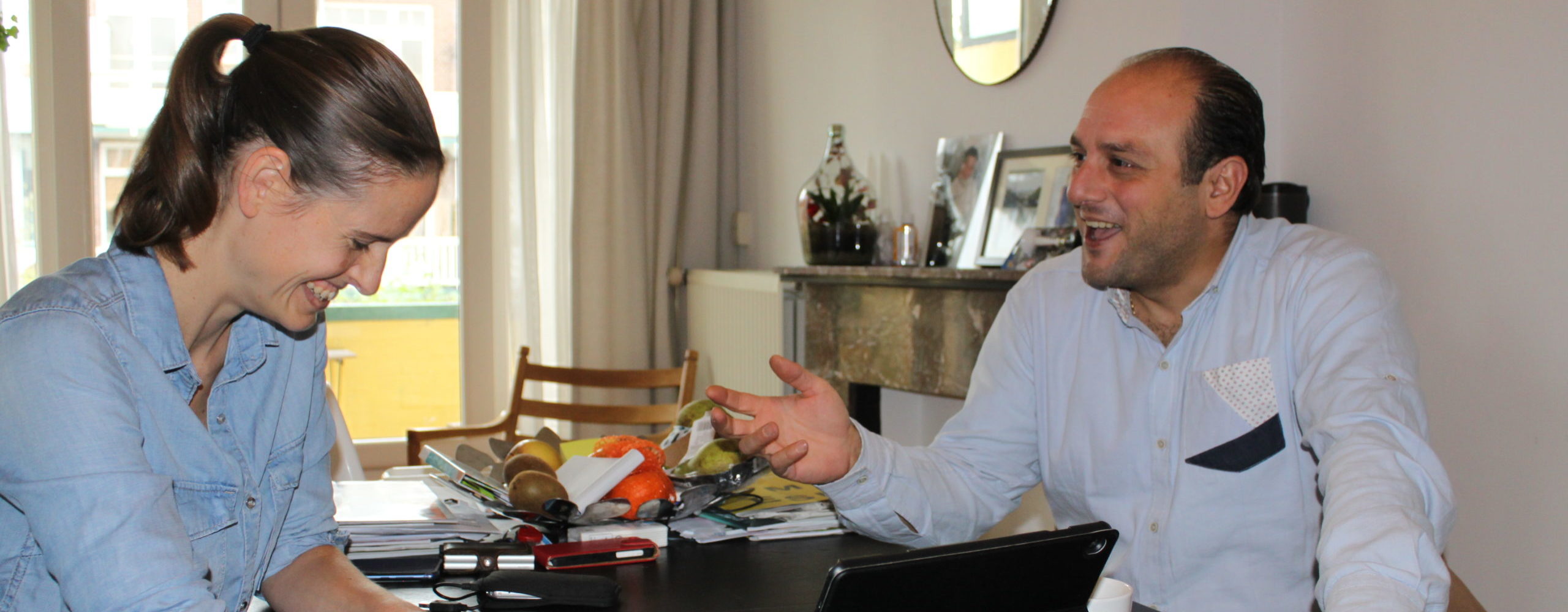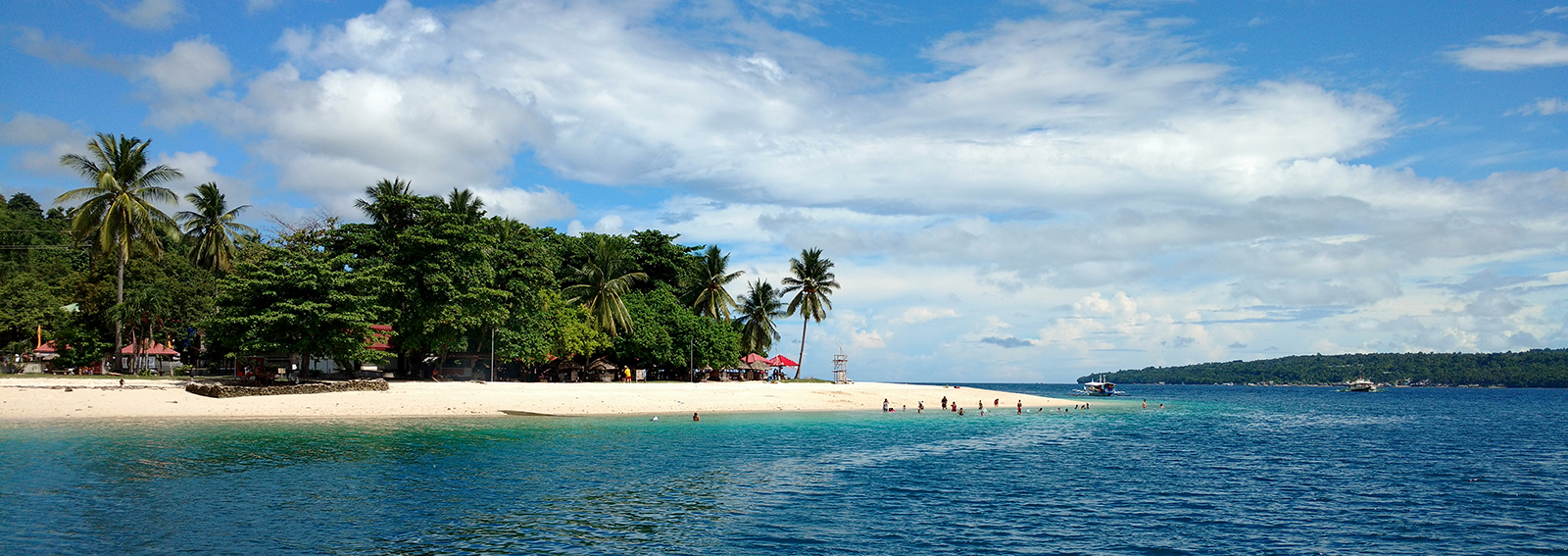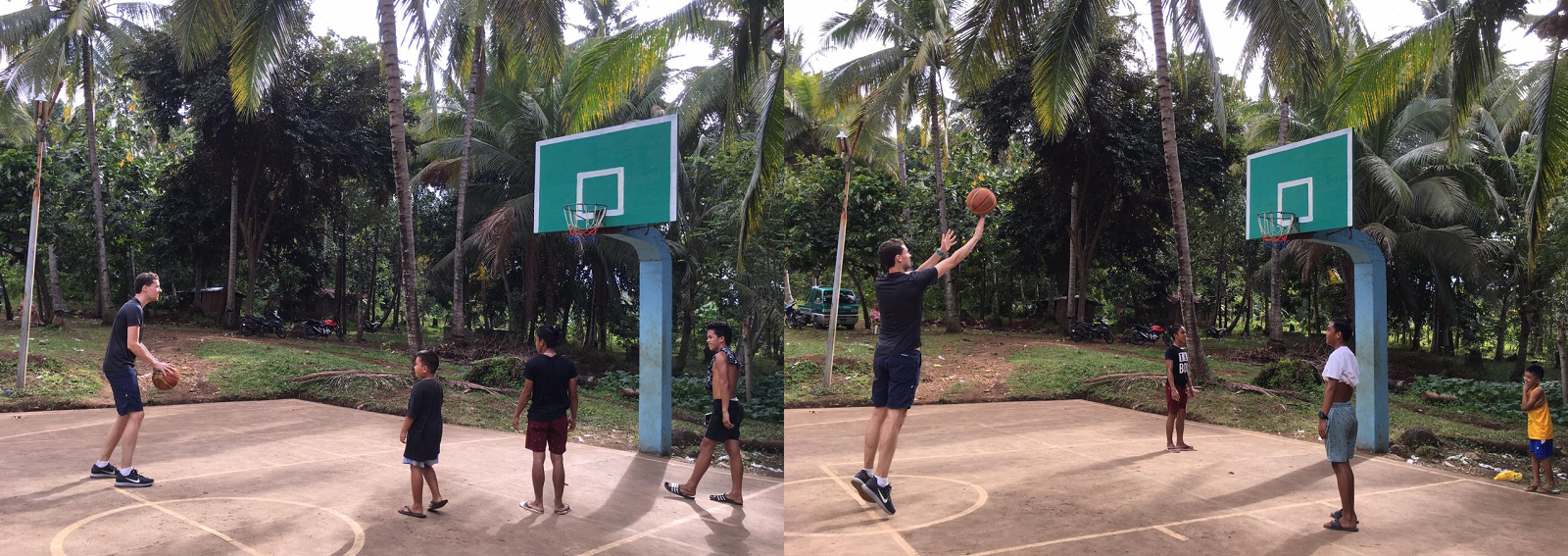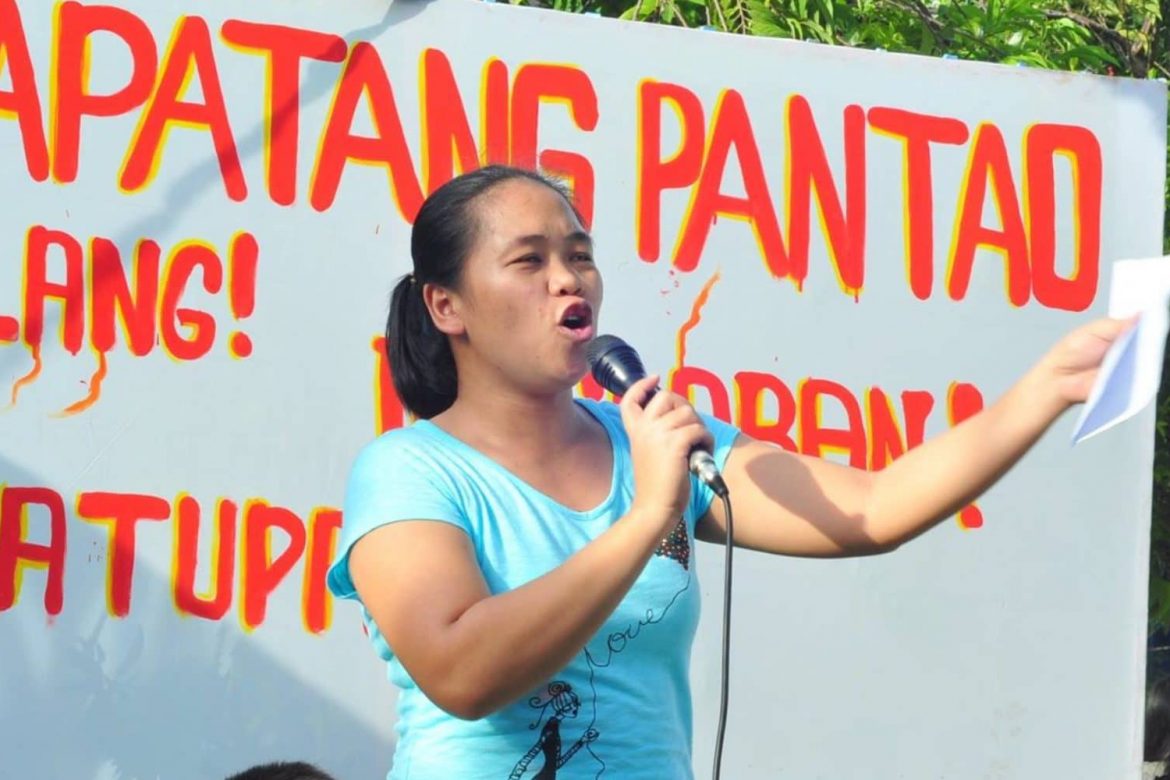Janel Ello Pesons is only thirty-five years old, but she could already easily write an autobiography or two. A human rights defender and peace advocate from Mindanao in southern Philippines, she has dedicated her life to empowering local communities. Because change is at the local level, she believes sustainable peace can be achieved that will reform the conflict-ridden island. That’s not an easy approach, but Janel has no doubt it’s the only one that has a chance of succeeding.
Now in her third term as Secretary General for the Mindanao Peoples’ Peace Movement (MPPM), Janel oversees the organisation’s day-to-day management and operations. Founded in 2000 in the aftermath of the government’s declaration of “all-out war” against the Moro Islamic Liberation Front, MPPM has grown into an alliance and coalition of over a hundred grassroots organisations advancing the participation and engagement of the tri-people in building peace in Mindanao.
“Muslims are trouble”
It’s a tough job, and Janel juggles it with raising her two martial arts-loving boys, ages eight and ten, together with her husband, and volunteering for the Lanao Alliance of Human Rights Advocates. The fire burning within keeps propelling her forward. A fire sparked almost two decades ago when she left her native Iligan to study in Marawi, right in the heart of “Muslim Mindanao.”
“Muslims are trouble,’ my parents insisted when I announced I was going to study mathematics at a Muslim-majority university. I went anyway and never felt more at home. My roommates weren’t bad people. I felt safe. I could finally be myself.”
Studying at Mindanao State University in Marawi City, Janel felt accepted. “In my hometown of Iligan, young people were preoccupied with their looks and their clothing. That wasn’t me. I wanted for those things not to matter. I found that with the Moro in Marawi.”
Eyes opened
Although she liked the school and her fellow students, Janel wasn’t too thrilled about her mathematics courses and the academic environment. So when an opportunity presented itself to get a taste of the “real” world, she took it, even though it meant terminating her studies prematurely.
Her aunt, who works for a Nongovernmental Organization (NGO) in Cotabato, invited Janel to stay with her for two months. She visited several NGOs and then volunteered with Tripod Cotabato. It was an experience that opened Janel’s eyes to the ethnic and cultural diversity of Mindanao but also to those suffering in silence.
“Tripod works in disaster-stricken communities with the tri-people of Mindanao—the Lumad, or Indigenous Peoples (IPs), Bangsamoro, and Migrant Settlers. During my time at Tripod I visited several evacuation camps. All evacuees were Muslims from the Maguindanao province who had fled to escape the fighting between the government and the Moro Islamic Liberation Front. Contrary to what I was told for years by my family, these were not bad people. They were just like my roommates back at university. I felt empathy for their harsh situation. I wanted to do something.”
Click here to continue reading. For a Dutch translation click here.
Photo credit: Justice & Peace Netherlands
This interview is part of a series of change maker stories that I wrote for the Dutch non-profit organisation Justice & Peace Netherlands.








